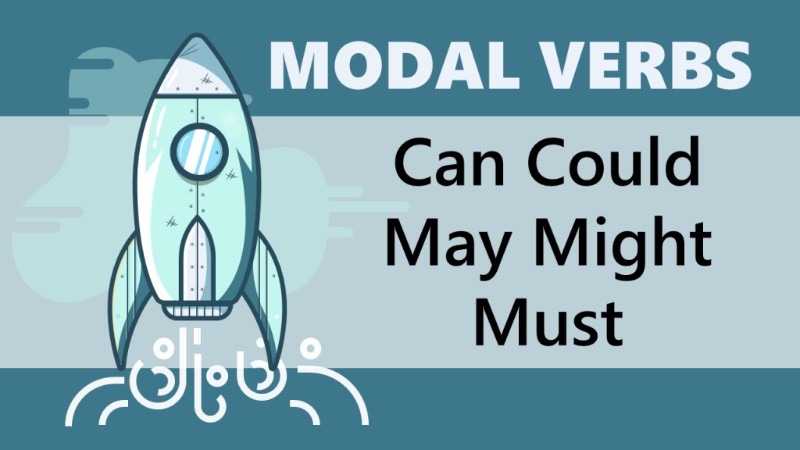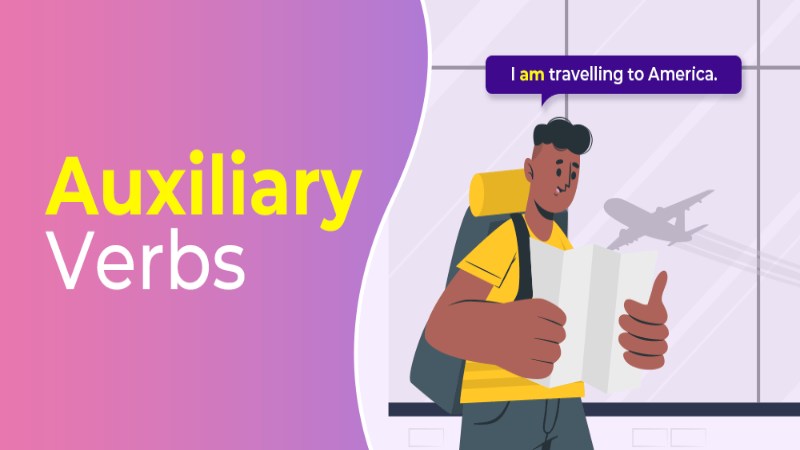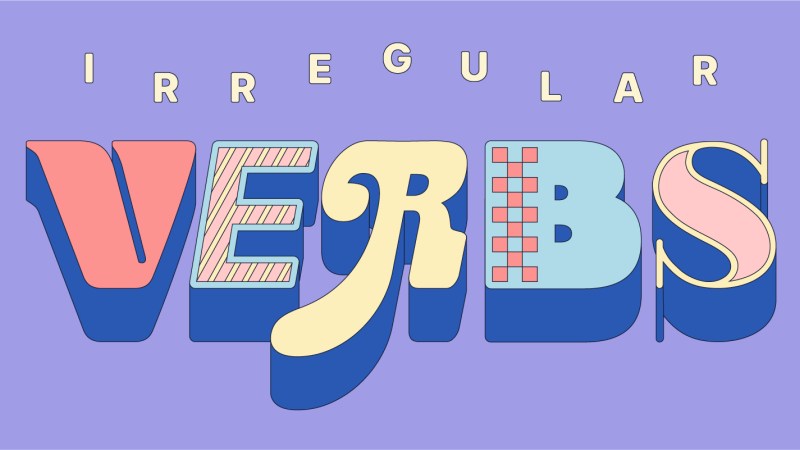
表示许可
can, could, may, might
最常见表示许可的情态动词就是 can, could, may 和 might。
Can I sit here? 我可以坐在这里吗。 (非正式;请求许可)
You can/can’t sit here. 你不能坐在这里。
Could I use this chair? 我可以用这把椅子吗? (更礼貌)
You may use this chair. 你可以用这把椅子。 (正式;给予许可)
Might/May I use this chair? 我可以用这把椅子吗。 (更正式;请求许可)
Sorry, you can’t use this chair. 对不起,你不能用这把椅子。 (非正式;表示拒绝)
Sorry, you may not use this chair. 对不起,你不能用这把椅子。 (正式;表示拒绝)
was/were allowed to, couldn’t
在过去式中我们用 was/were allowed to(不能用could) 或 couldn’t 表示许可或不许可。
He wasn’t allowed to go home during classes. 上课期间他不允许回家。
He couldn’t go home during classes, 上课时他不能回家,
He was allowed to bring food. 他被允许带食物。 (不能说 could)
表示义务,责任
must / have to
Must 和 have to 用来表达一种义务,当我们用must时,通常表示这项责任来自讲话的人,像是对自己有义务完成;然而 have to 通常表示此责任来自外部。
我必须要完成作业。
I must complete the homework. (自己要求的)
I have to complete the homework. (老师要求的)
在口语中也可以用 ‘ve got to 来表示有责任。
I’ve got to be in the car before it rains. 我必须在下雨前上车。
在过去式的所有情况下我们都用 had to。
I had to complete the homework. 我必须要完成作业。 (因为自己要求的,或者是老师要求的)
mustn’t / don’t have to
在否定句时态中 mustn’t 和 don’t have to 是完全不同的,Mustn’t 是表示禁止(有责任不做某事),然而 don’t have to 是用来表示对此没有责任。
You mustn’t fail the test this quarter. 本季度你不能考试不及格。 (你有义务不这样做)
You don’t have to bring anything. 你不必带任何东西。 (你可以做,但这不是必要的,没有义务)
表示必要性
need to, have to, don’t need to, don’t have to
我们用 need to/have to 或 don’t need to/don’t have to+原形动词来表达某件事是否有必要。
They need to/have to book their flights before next week. 他们需要/必须在下周之前预订机票。
You don’t need to/don’t have to achieve any awards. 你不需要/不必获得任何奖项。
don’t need to / needn’t
我们可以用 don’t need to 或 needn’t + 原形动词来表示没有必要做某件事。然而,当表达某个一般情况的必要性时(并非在特定场合下),我们通常用 don’t need to;而特定情况的必要性用 don’t need to 或 needn’t + 原形动词都可以(在特定场合下)。
The doctor said I don’t need to wear glasses. 医生说我不需要戴眼镜。 (一般情况下都这样)
Tell him he doesn’t need to/needn’t wash the dishes. I’ll do it later. 告诉他他不需要洗盘子。我稍后再做。 (在一个特定场合这样)
didn’t need to / needn’t have
当某件事并非必须但我们却做了,可以用 didn’t need to + 原形动词,或 needn’t have + 过去分词。
Thanks, it’s very beautiful, but you didn’t need to buy/needn’t have bought anything. 谢谢,它很漂亮,但你不需要买任何东西。 (你已经做了这事)
然而,当某件事并非必须而我们也没做,就只能用 didn’t need to。
I didn’t buy any groceries because Sarah told me I didn’t need to buy anything. 我没有买任何杂货,因为莎拉告诉我我不需要买任何东西。 (不能用 needn’t have bought)
be able to, be allowed to, be permitted to, be supposed/meant to, had better
be able to / be allowed to – 允许/可能性
我们用 person + be able to / be allowed to 代替 can 表达允许或可能性(⇒ 参考 can,could, be able to – 表示能力和可能性)
We were allowed to eat all that we wanted.
You won’t be able to finish before the deadline.
They were allowed to bring whoever they wanted. 他们被允许携带任何他们想要的东西。
没有 it + be able to/be allowed to 这样的句型。
You are not allowed to use your mobile phones. 不允许您使用手机。 (不能说 It isn’t allowed to use…)
it is (not) permitted to – (不)允许
我们可以用 it + be (not) permitted to + 原形动词来表达正式情况下的允许或禁止,是因法律或规定的。
It is not permitted to use mobile phones. 不允许使用手机。
Cycling is not permitted in the park. 公园里不允许骑脚踏车
be supposed to / be meant to- 应该(做)
我们可以用 be supposed/meant to + 原形动词 来表达义务或许可是该或不该做。
What are you doing? You aren’t supposed/meant to be here. 你在做什么?你不应该在这里。
They are supposed/meant to register for the event before next week. 他们应该在下周之前报名参加这次活动。
had better, had better not- 最好(不)要
我们用 had better+原形动词(没有to) 表示我们认为某人应该或不该做的某件事,发生后通常带来负面结果。我们通常用缩写‘d better,否定句型则都用‘d better not。
You’d better not tell her you broke the vase –she’ll get very mad. 你最好不要告诉她你打破了花瓶,她会很生气的。
They’d better call/meant to talk to the police, or we’ll not catch the criminal. 他们最好打电话给警詧,否则我们抓不到罪犯。
情态动词 – 练习题



Comments